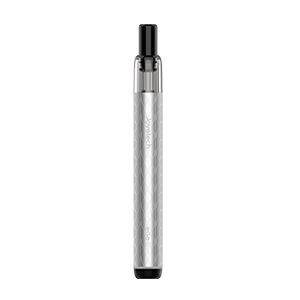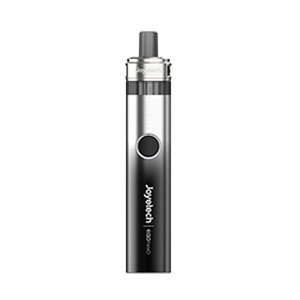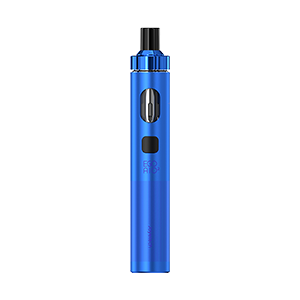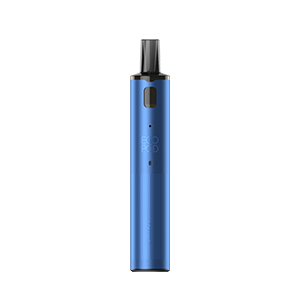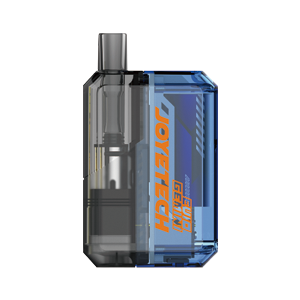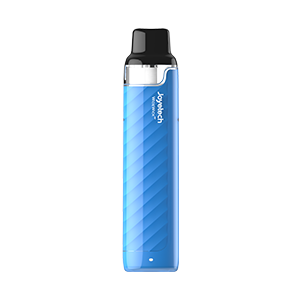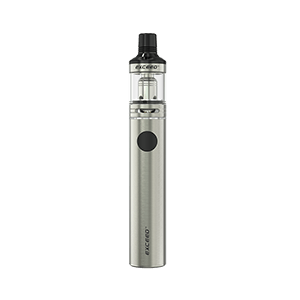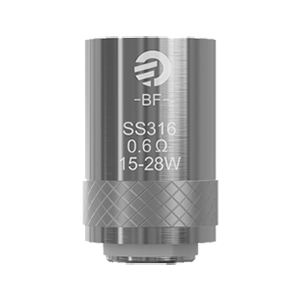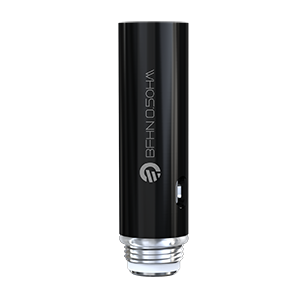At a time when the government is ostensibly trying to cut health costs, why is it trying to ban something that might help people quit smoking tobacco, perhaps the most devastating health problem in the U.S.?
The Food and Drug Administration (FDA) held a press conference late last month to scare Americans about the so-called "e-cigarette" — claiming it was loaded with harmful "toxins" and "carcinogens." The agency was implicitly saying: Stay away from these newfangled, untested cigarette substitutes — better to stick with the real ones, the ones that we are more familiar with, the ones that cause over 450,000 deaths annually in the U.S.
In making its distorted, incomplete and misleading statement, FDA was violating its long-cherished tradition of sticking to sound science as the basis for its policies. And in doing so, it is putting the lives and health of millions of Americans at risk.
The truthful part of the FDA statement was that e-cigarettes have not been through formal efficacy and safety tests at the FDA, and they have only been around a few years. But in the press conference, here is what the FDA did not tell you but should have:
c Traditional cigarettes are lethal not because of the trace level presence of specific "carcinogens" and "toxins," but because by using them, smokers inhale enormous amounts of smoke — otherwise known as "products of combustion." It is the inhaled smoke that kills in so many ways — from cancers, cardiovascular and lung disease, and more.
c The cigarette was a relatively obscure product in our society until the invention of a cigarette rolling machine, and sales rose quickly prior to World War I.
Before that, tobacco was used relatively safely — in chew, pipes, cigars — because little if any smoke was inhaled. Cigarettes changed all of that.
c The e-cigarette — a cigarette-mimicking device made up of a battery, an atomizer and a cartridge — allows smokers to inhale, getting a dose of the nicotine they crave, and then sending steam out the other end (with little or no odor) to mimic the ritual and feel of smoking normal cigarettes.
c The FDA complained that the e-cigarette was a "nicotine-delivery system." Well, it got that much right. But again, it's the smoke that kills, not the nicotine. Yes, nicotine is highly addictive, and it is what keeps the smoker hooked. But getting the nicotine without the smoke is an enormous health advantage for cigarette smokers (the nicotine inserts come in various strengths and the users can adjust them downward as they wish).
c The FDA has approved other nicotine-delivery systems in the form of gums and patches — and they have been abysmal failures. The smoking cessation rates using these devices is less than 15 percent after one year, condemning millions of addicted smokers to a lingering death. We desperately need other alternatives. But the FDA has now joined a long list of so-called public-health organizations — including the Campaign for Tobacco Free Kids and the American Lung Association — whose collective motto seems to be "quit or die." Not only do they reject e-cigarettes, but they also condemn other smokeless products like snus, which have a mere fraction of the health risks associated with smoking cigarettes.
c More than 1 million smokers are now using the e-cigarette — a product that offers some, if not all, of the "social amenities" of the real thing — holding the cigarette, taking a drag, seeing a plume of "smoke." The FDA, lacking data that e-cigarettes pose a health hazard, was so desperate, it called on consumers to phone in adverse side effects of e-cigarettes so they could begin to build a case against them and proceed with their intended ban. They neglected, however, to request smokers who successfully quit using the e-cigarette to also call in.
Cigarette smoking remains the leading cause of preventable disease and death in the United States today. Any alternative acceptable to addicted smokers should be taken seriously. Instead of condemning the e-cigarette, the FDA should be sponsoring studies to evaluate its safety and efficacy — leaving it on the market in the interim.
Dr. Elizabeth Whelan is president of the American Council on Science and Health.



